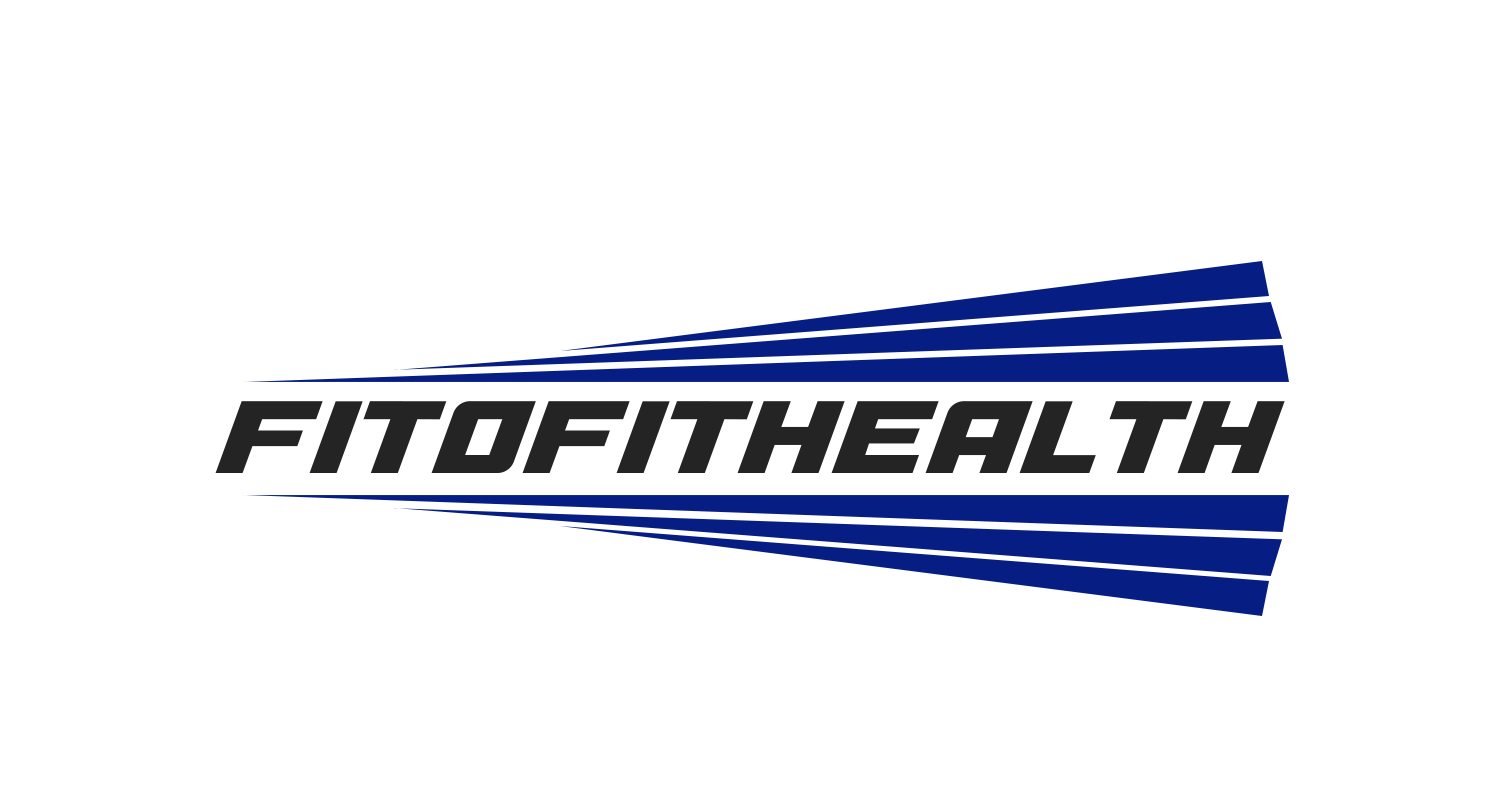It is no secret that the retail IV hydration vitamin therapy market is booming. Every time you turn around, it seems like a new retail clinic is opening in a strip mall somewhere. In fairness, IV hydration therapy is not new or novel. Doing it at retail is. But is the retail model the best model for a medical procedure?
Medical experts around the country advise caution with retail IV hydration vitamin therapy. In South Carolina, they have gone as far as to issue an official Joint Advisory Opinion designed to let consumers know what the law says about the therapy in the Palmetto State. South Carolina is among a handful of states that have begun trying to regulate retail IV hydration vitamin therapy before it gets out of hand.
Considerable Growth Expected
The U.S retail market for IV hydration vitamin therapy had an estimated value of $2.32 billion in 2022. Estimates suggest it could exceed $4 billion by 2030, at a CAGR of nearly 8%. To say that the therapy is popular among consumers is an understatement. Millions of people take advantage of it as part of a regular wellness regimen.
IV therapy itself is a fairly old and established practice. It is standard fare throughout healthcare. It is so common that some 83% of all consumers undergoing medical treatment in 2019 received some sort of IV therapy or infusion. So if such therapies are so common, why advise consumers to be cautious with retail IV hydration vitamin therapy?
It Is a Medical Procedure
The medical providers at Lone Star Pain Medicine in Weatherford, TX explain that IV hydration vitamin therapy is still a medical procedure regardless of its purpose or the substances being infused through the IV. As such, doing it safely requires following established medical protocol. Retail clinics are expected to follow all safety and health regulations to ensure patients are not harmed.
The vast majority of retail clinics do exactly that. But there are always a few in every bunch that do not take patient safety seriously. Indeed, medicine is heavily regulated to ensure that rogue operators are not able to flourish.
Lone Star doctors encourage consumers to visit legitimate medical clinics for IV hydration vitamin therapy whenever possible. If no medical providers in the local area offer it and a retail clinic is the only option, consumers should do their homework before receiving treatments. It is imperative to make sure the clinic operates above board and has a track record of safety.
Taking an Official Stand
Medical professionals in South Carolina think the issue is serious enough to take an official stand. As such, the state Boards of Medical Examiners, Nursing and Pharmacy recently issued a joint advisory to educate consumers. Among other things, the advisory highlights who was allowed to provide IV therapy in the state. Authorized providers include:
- State-licensed physicians.
- State-licensed physician assistants practicing under appropriate supervision.
- State-licensed nurse practitioners, clinical nurse specialists, and certified midwives practicing under appropriate supervision.
The advisory goes on to explain that certain medical professionals are not authorized to perform IV therapy in a retail setting. They include licensed practical nurses, paramedics, and EMTs.
The long and short of it is that medical experts in the Palmetto State agree with their counterparts nationwide that retail IV therapy clinics should be treated with caution. Consumers are still dealing with a medical procedure and one that could lead to serious complications as a result of infection and other potential problems. If you are hoping to take advantage of IV hydration vitamin therapy, see a medical professional.

